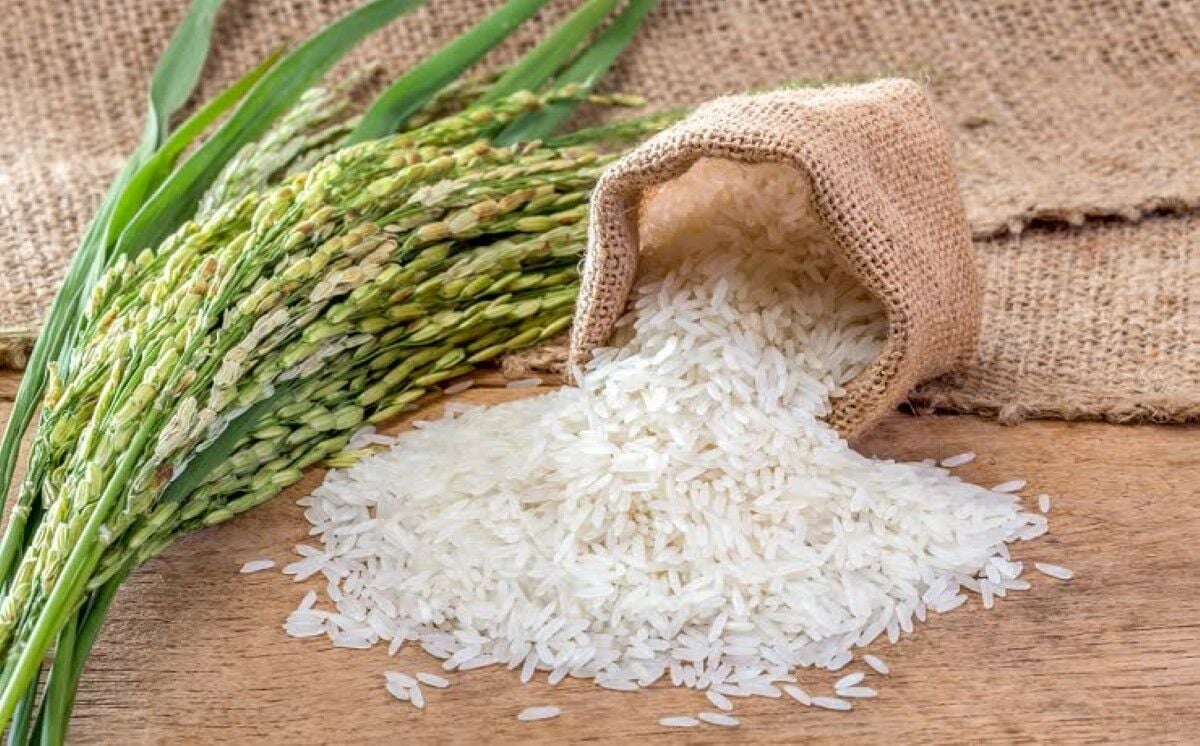Thailand leads Southeast Asia in agricultural exports, 8th globally

Thailand emerged as the largest exporter of agricultural products in Southeast Asia and the eighth-largest globally, thanks to its free trade agreements (FTAs).
The Trade Negotiations Department highlighted this achievement, with the Director-General, Chotima Iemsawasdikul, attributing the success to these agreements despite growing foreign competition and global economic uncertainties.
Thailand’s agricultural export value reached US$19.8 billion (638 billion baht) in the first eight months of 2024, marking an 8% increase year-on-year. Notably, exports to FTA partners amounted to US$13.7 billion, representing 69% of the nation’s total agricultural exports.
China stands as the top importer, accounting for 31% of Thailand’s agricultural exports, followed by ASEAN at 15%, Japan at 11%, and South Korea at 3%. Rapid growth was observed in markets such as ASEAN (39%), India (34%), Australia (23%), Singapore (10%), South Korea (9%), and Japan (7%).
In August 2024 alone, agricultural exports to FTA partners totalled US$1.7 billion, a 9% increase from the previous month. Major exports for the month included fresh, chilled, and frozen fruit valued at US$604 million, up 21%; rice at US$562 million, up 41%; natural rubber at US$497 million, up 9%; fresh, chilled, frozen, and processed chicken at US$392 million, up 6%; and tapioca products at US$260 million, up 2%.
The department suggested that Thai entrepreneurs are encouraged to leverage FTA privileges to further expand their exports.
Thailand currently has 14 FTAs with 18 countries, including the Regional Comprehensive Economic Partnership, which started at the beginning of last year.
These agreements have led to the waiving of import tariffs on most products from Thailand, benefiting exports of natural rubber (excluding China and India), tapioca products (excluding Japan, South Korea, and India), processed chicken (excluding Japan, South Korea, Chile, and Peru), and fresh, chilled, and frozen fruit (excluding Japan, South Korea, India, Vietnam, Cambodia, and Laos).
This strategic use of FTAs has solidified Thailand’s position in the global market, driving significant growth in agricultural exports and positioning the nation as a key player in the sector, reported Bangkok Post.
Latest Thailand News
Follow The Thaiger on Google News:


























